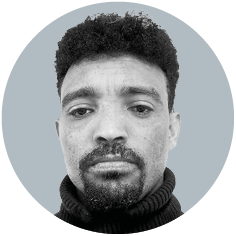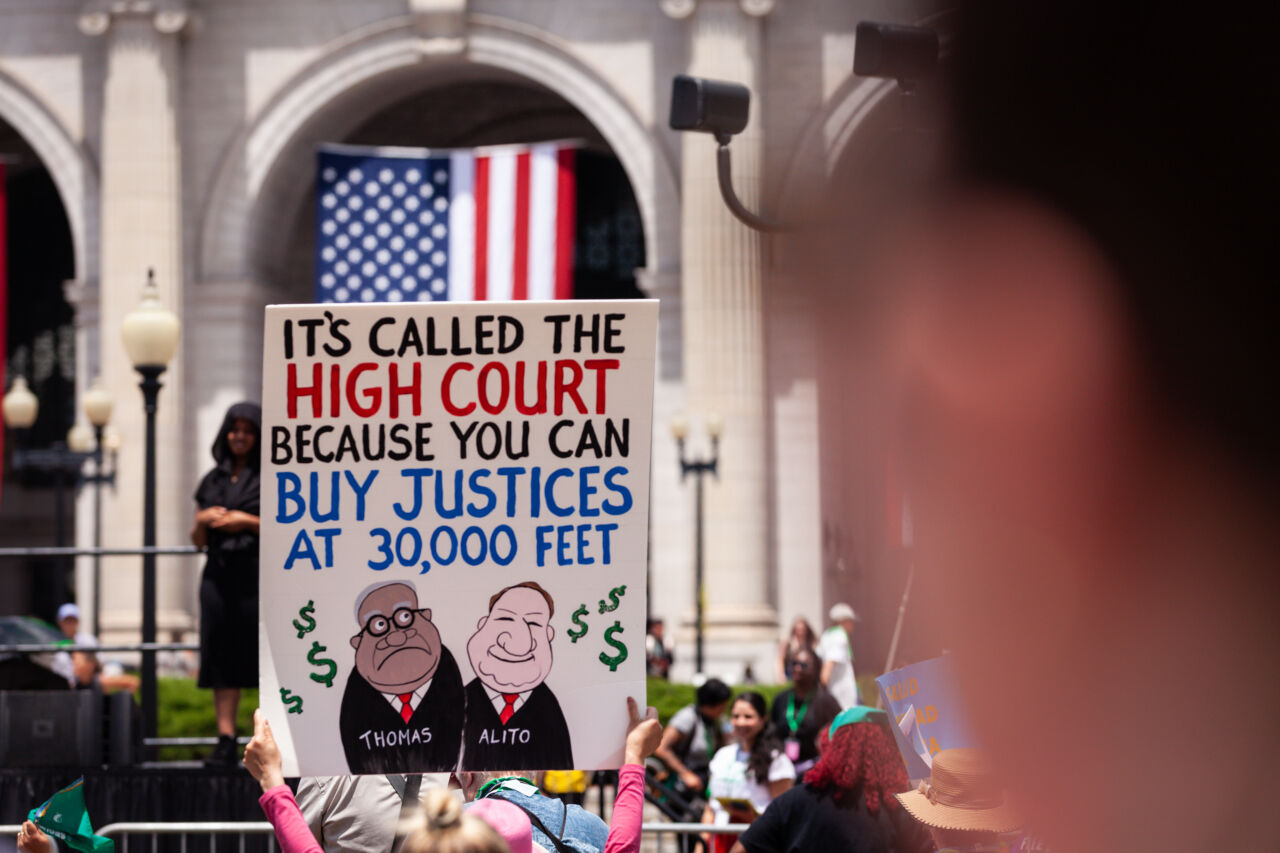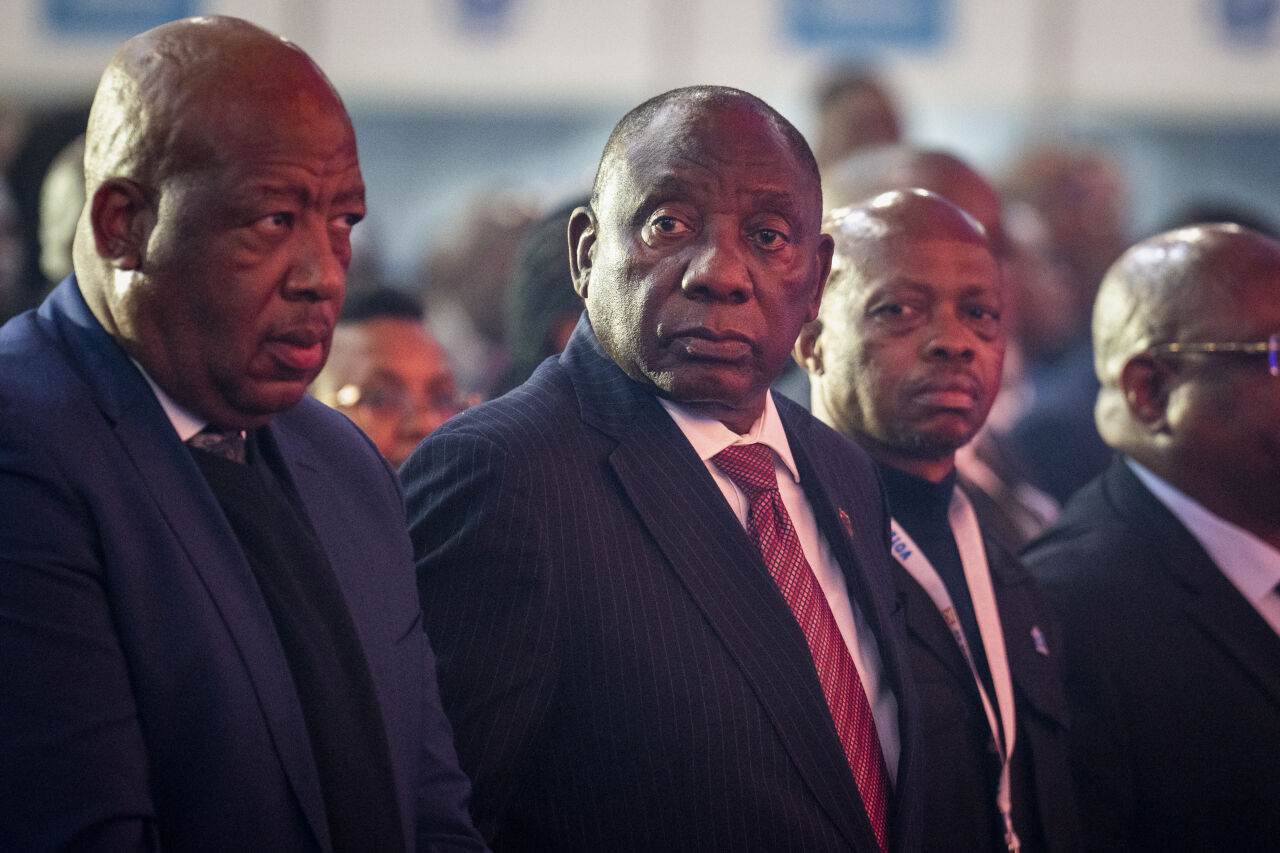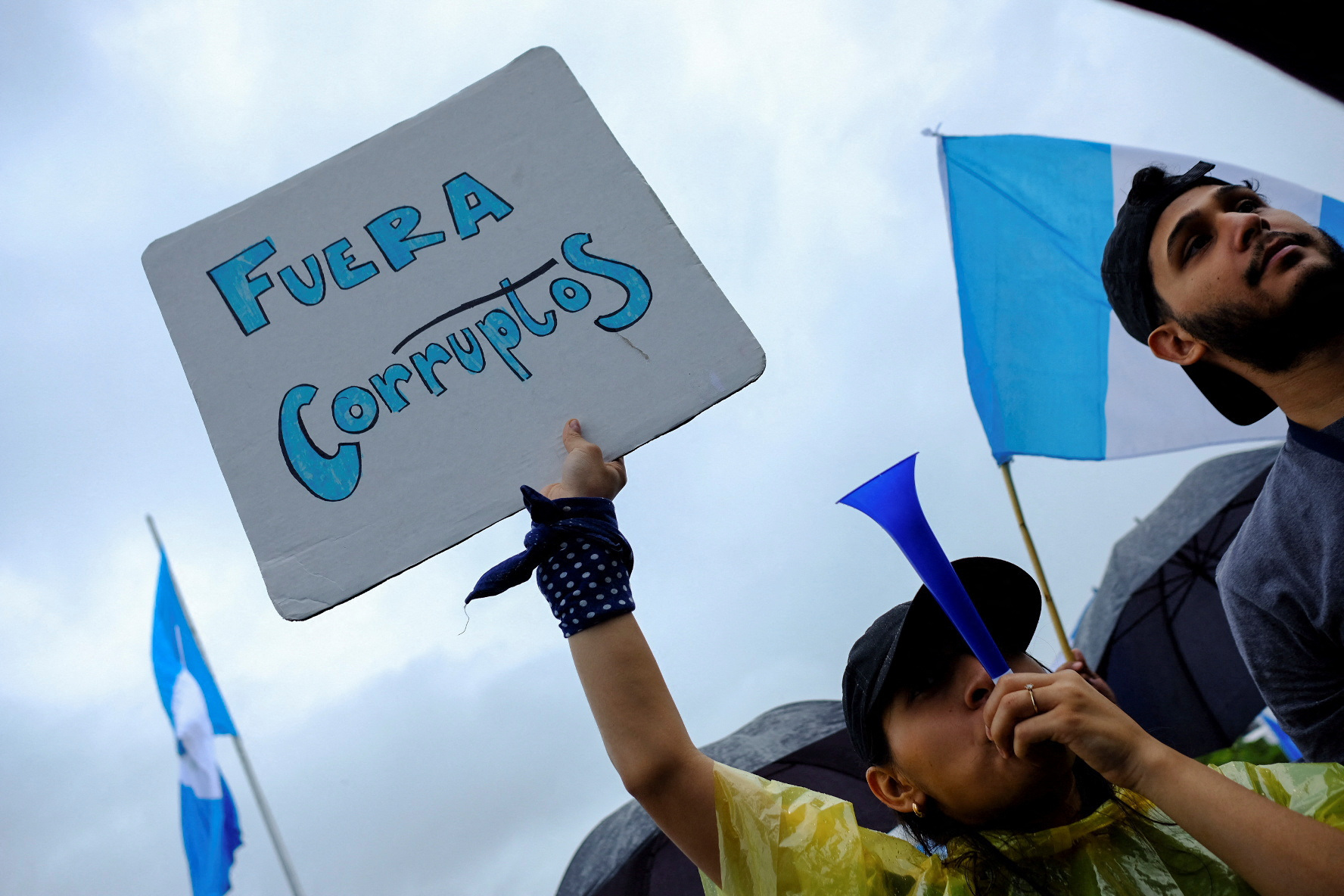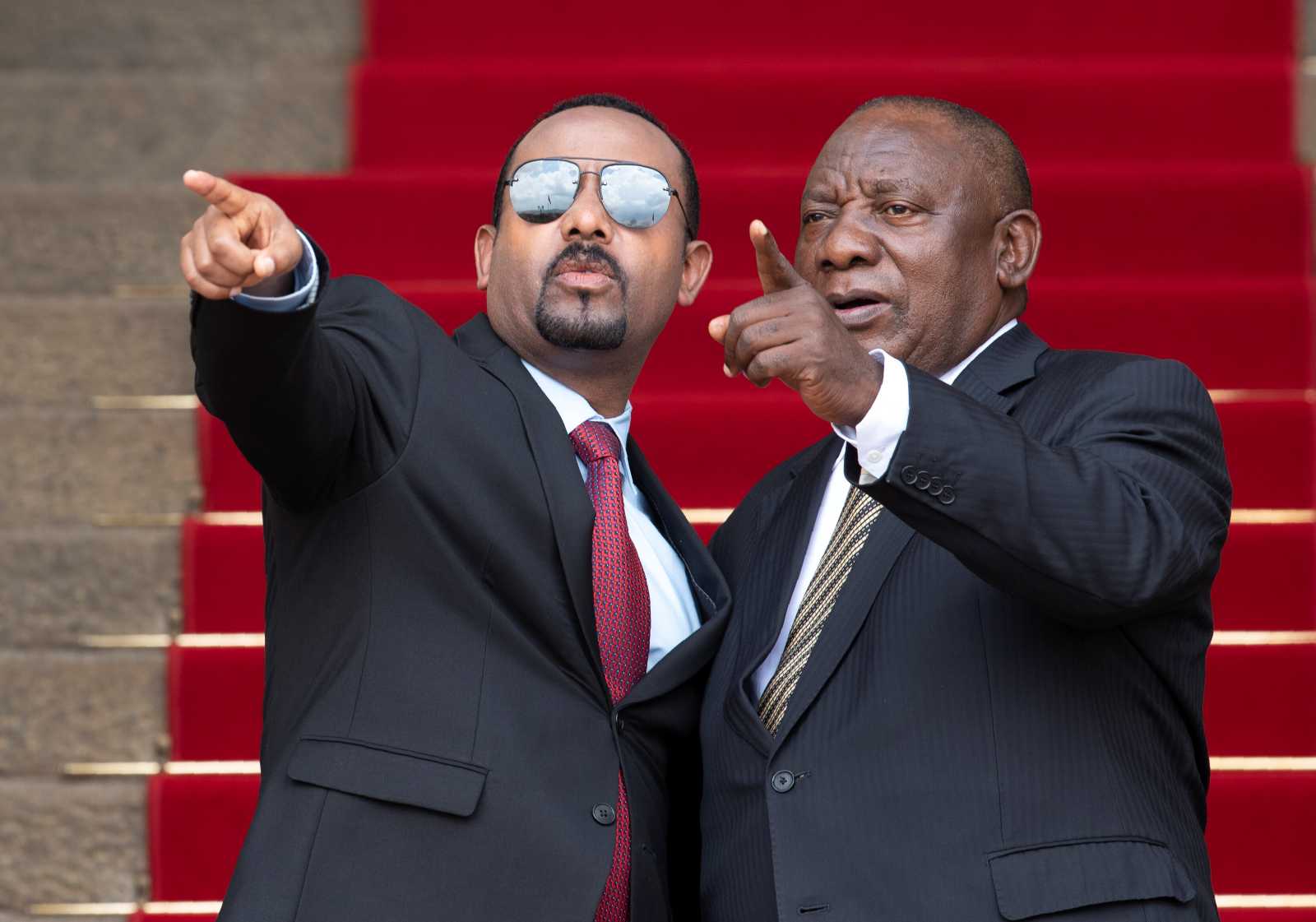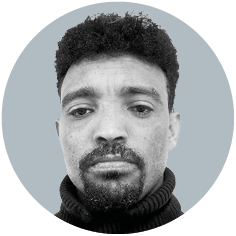Corruption
How to challenge a corrupt system
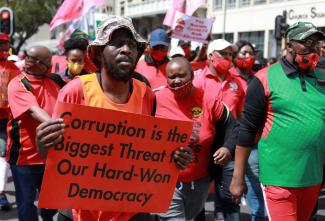
Corruption offenses are not isolated events. Rather, they exist in contexts where social actors create ecosystems in which individuals repeatedly accept and offer bribes. If we think of corruption as a system, we can describe how different actors create a political economy that works to further their self-interests, often to the detriment of society over time.
The promise of a democratic South Africa after 1994 was supposed to bring development to the majority of the population and help those who were exploited by apartheid to become more prosperous. However, considering how much money the country has already invested in development, it is clear that South Africa continues to fall short of its potential.
Corruption systems behave like a living organism seeking to ensure its own survival. They thrive on the existence of corruption networks – complex webs of individuals who work together to exploit public resources for personal gain, disregarding the principles of accountability and transparency. In South Africa, this can be illustrated by the corruption legacy of former President Jacob Zuma and the so-called state capture corruption scandal. While this affair has made the country’s corruption systems more visible, even years after Zuma’s departure and Cyril Ramaphosa’s inauguration, some of their networks are still active.
Corruption schemes use sophisticated tactics to commit and conceal illegal or unethical activities, making them difficult to detect. However, there are ways to fight them.
On the African continent, the following four could prove particularly effective:
- Supporting whistleblowers. They have access to information about the network of corrupt actors and thus become crucial players in dismantling these networks and exposing systems of corruption. In South Africa, there is a lack of protection for whistleblowers. Instead, they are subject to reprisals, which stifles accountability efforts and promotes a culture of silence. Strengthening legal protection for whistleblowers is therefore essential to encourage them to disclose information and ensure their safety.
- Creating favourable conditions for exposing systems of corruption. An important factor here is the independence and efficiency of supervisory bodies. In South Africa, the work of the Zondo Commission (Judicial Commission of Inquiry into Allegations of State Capture, Corruption and Fraud in the Public Sector including Organs of State) and the role of the Public Protector have proved pivotal in challenging existing systems of corruption and promoting accountability.
- Maintaining the independence of the media and civil society. As the case of South Africa shows, journalism and civil society have been central to exposing wrongdoing by politicians and have fulfilled their mandate to inform the public.
- Supporting principled leadership that champions integrity and accountability. Principled leaders must set an example of the social norms that prevail in a country.
Only through such institutional strengthening and the promotion of a culture of accountability can South Africa and other countries overcome the scourge of corrupt systems and realise aspirations for inclusive development and good governance in various dimensions.
Hafte Gebreselassie Gebrihet is a Postdoctoral Research Fellow at the Nelson Mandela School of Public Governance, University of Cape Town (UCT). His research focuses on building democratic governance and resilient institutions in Africa with particular emphasis on the UN Agenda 2030 and the Africa Agenda 2063.
hafte.gebrihet@uct.ac.za
Fabio Andrés Díaz Pabón is a research fellow on Sustainable Development and the African Agenda 2063, hosted by the African Centre of Excellence for Inequality Research (ACEIR) of the University of Cape Town, and member of the Comunicación y Democracia research group of the Universidad del Tolima, Colombia.
fabioandres.diazpabon@uct.ac.za
